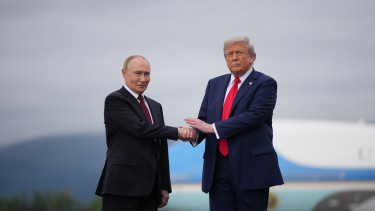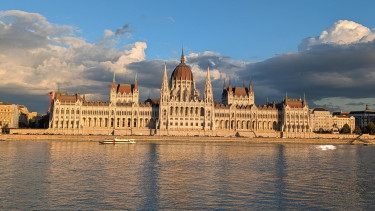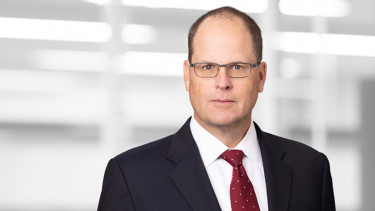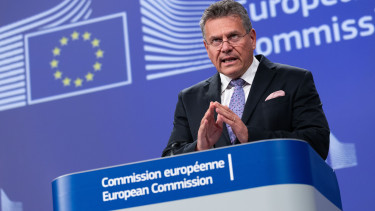Poland's PM refuses to sign European Council summit conclusions
The conclusions were the following:
Jobs, growth and competitiveness
The reform agenda put in place by the EU and its Member States in the wake of the 2008 crisis is bearing fruit. Economic growth has now returned to all 28 Member States and the outlook is encouraging, both for the euro area and the EU overall. Unemployment, though still at too high a level, is at its lowest since 2009, the state of public finances is improving and investment, while still too weak, is growing.Uncertainties persist, however, and it is therefore important to ensure the sustainability of the recovery. To this end,
- structural reforms aimed at modernising EU economies must be pursued,
- public finances strengthened;
- investment promoted, including through the swift extension of the European Fund for Strategic Investments, also with a view to
- making special efforts to fight unemployment in Member States with particularly high levels.
The European Council welcomes the decision of the Commission to address the issue of dual quality of foodstuffs in the internal market in the High Level Forum for a better functioning food supply chain. The EU needs concrete action to ensure a strong and competitive industrial base, as set out in its December 2016 conclusions, a fully functioning and interconnected energy market and a flourishing services sector.
Traderemains one of the most powerful engines for growth, supporting millions of jobs and contributing to prosperity. The European Council welcomes the positive vote in the European Parliament on the EU-Canada Comprehensive Economic and Trade Agreement (CETA) and looks forward to its imminent provisional application.
The EU remains strongly committed to a robust trade policy and an open and rules-based multilateral trading system, with a central role for the WTO. At the same time, the EU has to equip itself with modernised, WTO-compatible tools to tackle unfair trade practices and market distortions.
The EU will continue to engage actively with international trade partners. This includes resolutely advancing on all ongoing negotiations for ambitious and balanced free trade agreements, including with Mercosur and Mexico; negotiations with Japan are closest to an early conclusion. Trade relations with China should be strengthened on the basis of a shared understanding of reciprocal and mutual benefits.The EU will be particularly vigilant concerning the respect and promotion of key standards, as well as the principle of non-discrimination.
The European Council reiterates the need to complete the Banking Union in terms of reducing and sharing risks in the financial sector, in the appropriate order.The Council said that the benefits of economic growth reach all citizens is of vital importance.
Security and defense
“In the present international environment, Europe must do more to protect its citizens and contribute to peace and stability in its neighbourhood and beyond, including by committing sufficient additional resources, while taking into account national circumstances and legal commitments."The Council recalled the need to implement the "Common set of proposals" for enhanced cooperation with NATO.
The EU remains fully engaged in supporting Member States to ensure internal security and to fight terrorism.
“The European Council calls on co-legislators to agree on the proposal for an Entry and Exit System by June 2017 and speed up work on the proposal for the European Travel Information and Authorisation System. Continuing to implement the renewed European Union Internal Security Strategy 2015-2020 is therefore crucial; the European Council will keep this under review."
Migration
The Council said it stands behind the actions undertaken by individual Member States to support the Libyan authorities as well as their North African and southern neighbours in their efforts to address the challenges of illegal migration.The EU will continue to remain vigilant on all major migration routes so as to be able to react rapidly to developments.
“Concerning the internal dimension, the effective application of the principles of responsibility and solidarity remains a shared objective. The European Council calls for further efforts to rapidly deliver on all aspects of the comprehensive migration policy resilient to future crises, including with the aim of achieving consensus on the EU's asylum policy during the current Presidency. The European Council will return to these issues in June 2017.In light of the internal and external challenges that the region is facing, the European Council discussed the fragile situation in the Western Balkans, which it will keep under review.
The Council stresses the importance of continuing on the reform path, good neighbourly relations and inclusive regional cooperation initiatives. It reaffirmed its unequivocal support for the European perspective of the Western Balkans.
Welcoming the progress made by the countries of the region, the European Council stresses that the EU remains committed and engaged at all levels to support them in conducting EU-oriented reforms and projects.
Regarding the establishment of the European Public Prosecutor's Office, the European Council noted that the condition set out earlier was met, thus opening the way to the possible establishment of enhanced cooperation, in accordance with the provisions of the Treaties.The European Council re-elected Donald Tusk President of the European Council for the period from 1 June 2017 until 30 November 2019.









